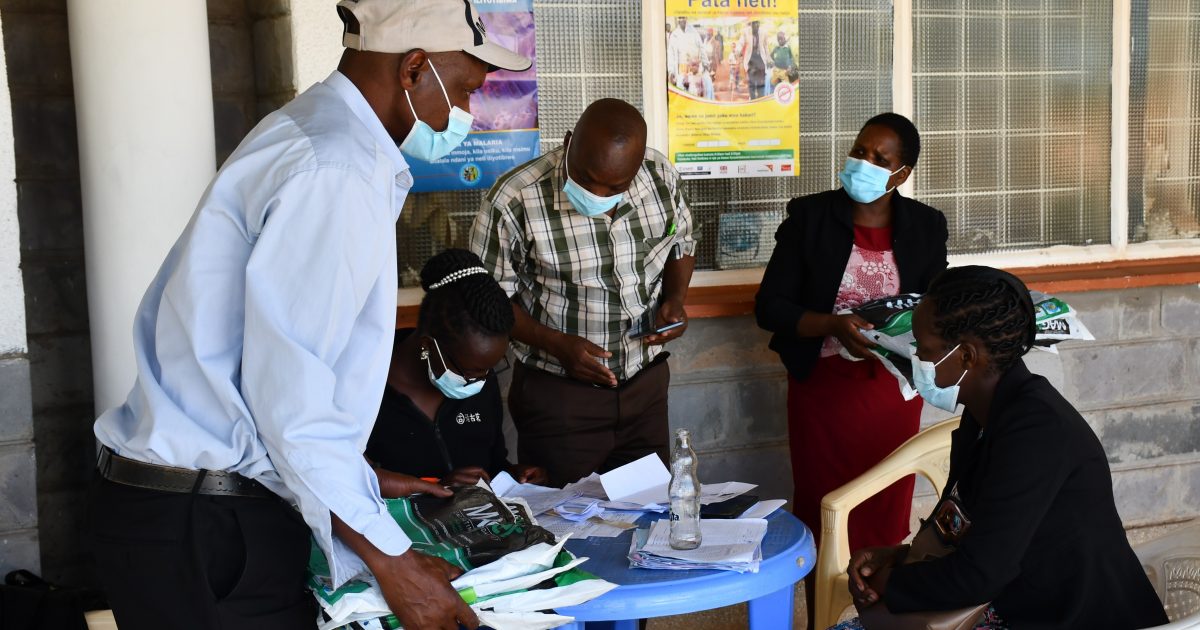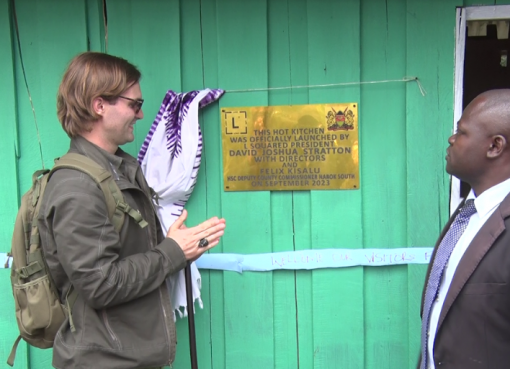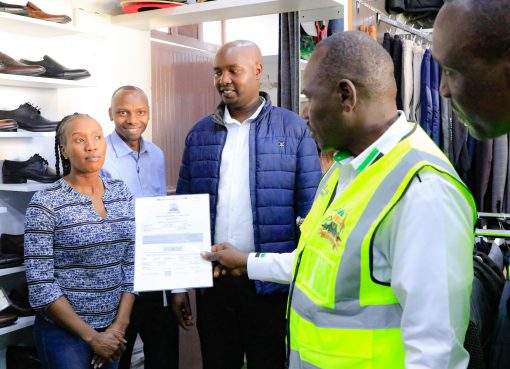Health experts in Kericho County have reported reduced malaria burden by 12 per cent in the last one year, due to various interventions put in place such as early diagnosis and prompt treatment, as well as availability of malaria commodities.
According to the Kericho County Malaria Coordinator, Mr. Richard Siele, the current Malaria prevalence rate in the County is 1.0 per cent, indicating the County is doing well in Malaria control.
Mr. Siele pointed out that in the last one year, 26,058 children under the age of five were tested for malaria, while, 66,170 persons above the age of five, also went through the test for the disease in the County.
“Out of those tested for malaria, 25,616 were confirmed positive for malaria in Kericho County. 63 Per cent of patients were treated with Artemether-Lumefantrine (AL), as a proportion of confirmed malaria cases,” he added.
The coordinator also intimated that a number of women received Intermittent Preventive Treatment (IPT) for malaria during pregnancy.
A total of 2,182 pregnant women received the first dose, 1,275 received the second dose, while 665 of them received the third dose of the Intermittent Preventive treatment.
“IPT is given in Soin/Sigowet and Kipkelion West Sub-counties, which are areas bordering endemic regions. However, in the near future, IPT will be provided to residents of some parts of Ainamoi Sub-county,” said Siele.
The Malaria Coordinator was impressed by the great impact of the 602880 Long Lasting Insecticidal Nets (LLINs) distributed last year to a total population of 198,614 households in the County, equivalent to 98% coverage.
According to World Health Organization, the LLINs which are treated with an insecticide have continued to play a cardinal role in reducing the malaria burden in past decade.
“Kericho County is classified as one among the highland epidemic prone zones and the most common parasite here is the Female Anopheles (Plasmodium Falciparum), which causes malaria,” added Siele.
The Malaria expert also noted that Indoor Residual Spraying (IRS), is recommended in focalized areas such as the lower parts of Soin/Sigowet and Kipkelion West Sub- counties, adding that plans are underway to procure focalized IRS in Kusumek village in Bureti Sub-county following a malaria upsurge in January this year.
“The support of partners has been of great help in prevention of malaria. Partners like Catholic Medical Mission Board, is supporting us on Intermittent Preventive Treatment, while AFYA UGAVI is on distribution of ANC and CWC nets,” Siele said.
“We are, however, grappling with challenges such as delayed payments to vendors in the Division of National Malaria Program (DNMP), which we hope will be resolved soon for effective service delivery,” he said.
He was speaking to KNA ahead of the World Malaria Day, which according to the World Health Organization, will be commemorated on 25th April globally, in recognition of the efforts being put in place to control malaria by harnessing innovation to reduce the malaria disease burden and save lives.
By Kibe Mburu





